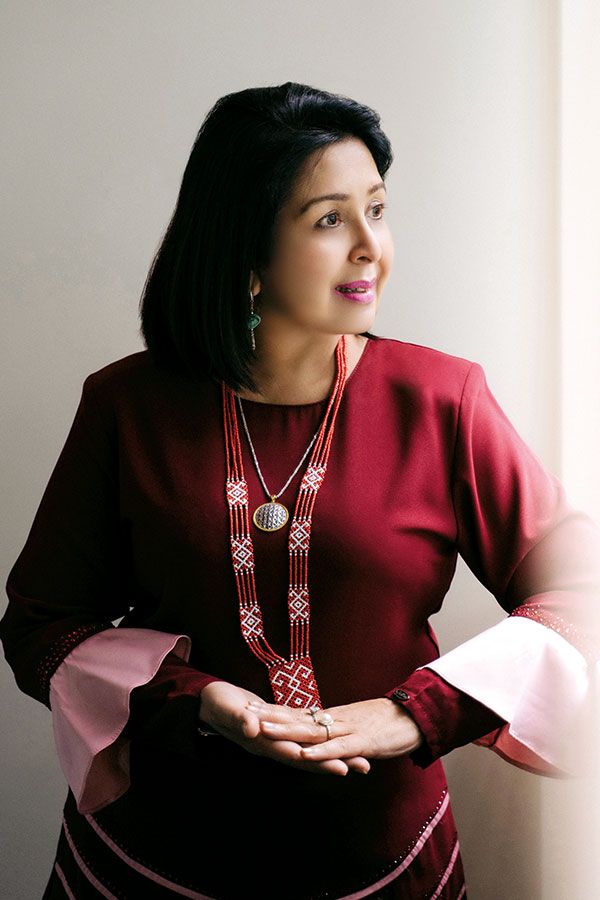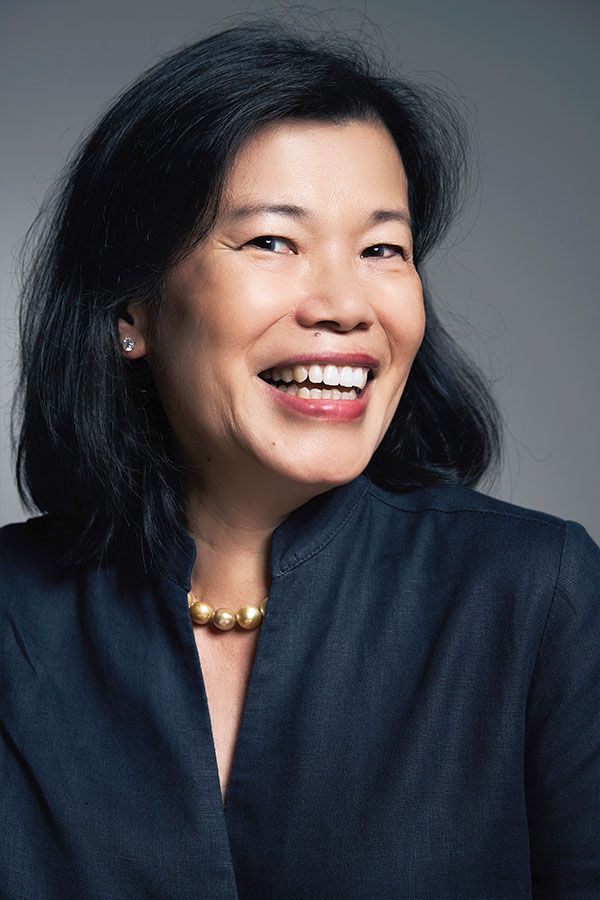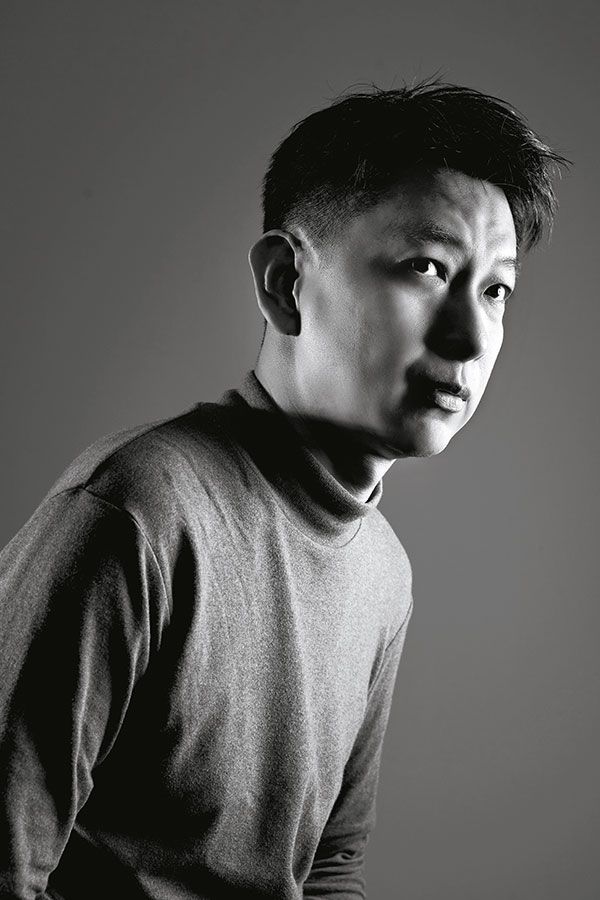
DR KULDIP KAUR, SUNGAI BULOH HOSPITAL
Dr Kuldip Kaur is a dedicated medical professional who comes with a wealth of experience having previously served as Kuala Lumpur Hospital’s deputy director. When she was appointed to act as the hospital director of Sungai Buloh Hospital (HSB) in 2019, it was a huge step forward for her.
Stepping into this role was something she had always envisioned taking on, and she has done well leading HSB during the Covid-19 pandemic. The hospital has been at the forefront of Malaysia’s fight against Covid-19 which has stricken the world since early 2020 and serves as the country’s main dedicated pandemic centre.
See also: Registering For Your Booster Shot in Malaysia: What To Know
“With great power comes great responsibility, and I took on this challenge in my stride,” the 59-year-old director says. According to her, she drew on her experience dealing with other infectious diseases and leveraged the specialists at HSB to manage the surge in Covid-19 cases that flooded the hospital.
She expresses her utmost gratitude to all who have generously donated essential equipment to HSB, from the Ministry of Health as well as various non-governmental organisations and corporate sponsors. Their generosity and the hospital’s effective utilisation of resources ensured that every single patient received the best possible care and treatment.
During the first wave of the pandemic in 2020, she recalled how HSB was designated to be the foremost Covid-19 management centre in the country.
The arrival of the Delta variant (of the virus) had truly tested HSB, but the hospital prevailed under Kaur’s leadership. She expresses her gratitude and thanks to her colleagues and all Malaysians for their unwavering support in fighting the virus. “I think that all leaders have doubts, but I always believe in talking and communicating with others in order to make the best leadership decisions,” Kaur adds.



